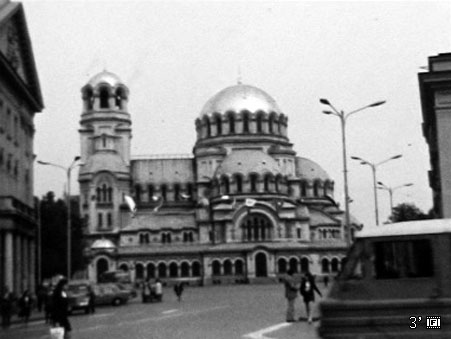And whatever ‘it’ is, it isn’t a car that is visually out of date, despite any possible technical and price merits. In fact they were in competition with a lively second-hand market and individual imports from the rest of Europe.
3. The Sir Samuel White Baker connection. Sir Samuel was one of these Victorian men who—following in his father’s footsteps—tried working as a merchant for a living but went to Ceylon in the mid 1840s. He set up a successful farming colony at Nuwara Eliya. L and I visited the town in the early 1980s and ate at the Hill Club which was founded in 1876 after Baker had left. It had been and was a tea and coffee plantation centre as well as a hill station. This meant that summer ‘tourism’ was one of Nuwara Eliya’s central activities. The Hill Club itself had retained colonial mannerisms and dress code, the major-domo politely supplying me with a completely tasteless tie so I could be admitted to the dining room.
I had read a couple of Sir Samuel’s books about his trips up the Nile to Abyssinia (Ethiopia) and on into Sudan to find and map Lake Albert. His wife, Florence, accompanied him on these trips. She was also with him when he was later appointed by the Khedive Ismail to put an end to the slave trade from Sudan. (His successor was the ill-fated General Gordon whose relief force logistics were taken care of by Thomas Cook & Son, the well-known travel agents, proving the flexibility of expertise in the field of transporting large numbers of people.) Some of the gentleman’s attitudes—with a politically corrected, neo-liberal spin—might have got him a place in Bush II’s cabinet – “True Christianity cannot exist apart from civilisation; thus, the spread of Christianity must depend on the extension of civilisation: and that extension depends on commerce… The savage must learn to WANT… and to covet more than the mere animal necessities of food and drink.’ What connects him to Bulgaria, however, is something special. Apart from the fact that he spent some time travelling in the area and living in Constantinople, in the late 1850s he supervised the construction of a railway line connecting the Danube with the Black Sea. |
|

Given his subsequent appointment in Egypt and my own clichéd image of the intrepid Florence insisting on planting flower beds and vegetable plots whenever it looked like they were going to be in one place for any length of time, it was surprising for me to discover that his wife was not his wife while they travelled together and that he had 'acquired' her at a slave market in Bulgaria. This gives my Bulgaria a distinct spin to it – shades of an orientalist painting. |